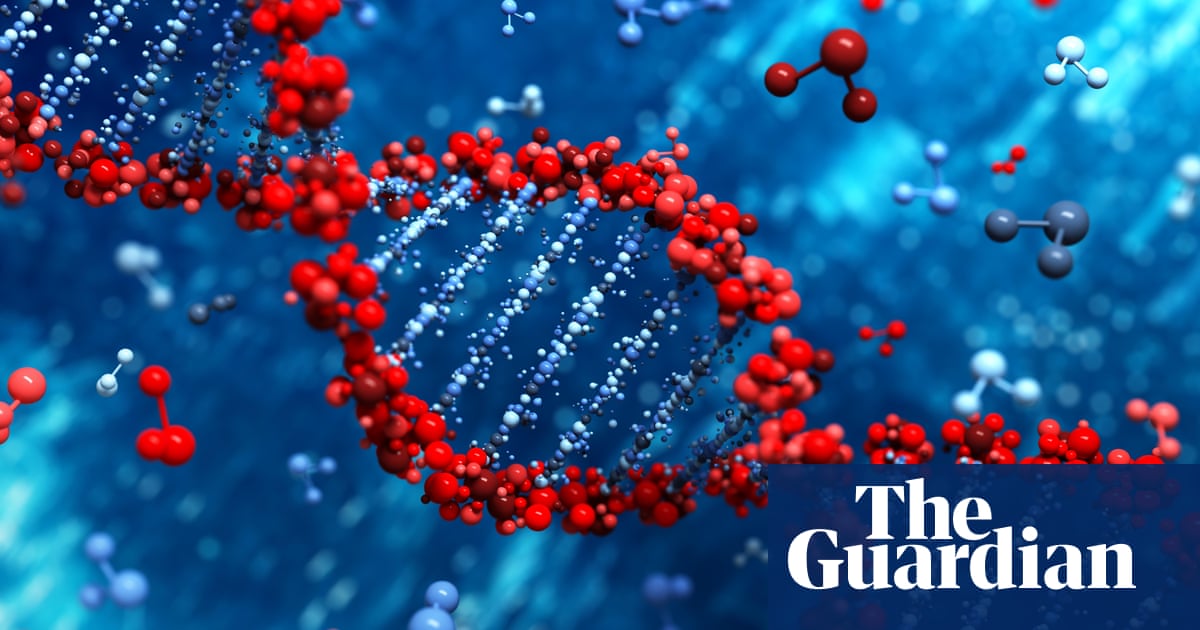World-leading scientists have called for a halt on research to create “mirror life” microbes amid concerns that the synthetic organisms would present an “unprecedented risk” to life on Earth.
The international group of Nobel laureates and other experts warn that mirror bacteria, constructed from mirror images of molecules found in nature, could become established in the environment and slip past the immune defences of natural organisms, putting humans, animals and plants at risk of lethal infections.
Many molecules for life can exist in two distinct forms, each the mirror image of the other. The DNA of all living organisms is made from “right-handed” nucleotides, while proteins, the building blocks of cells, are made from “left-handed” amino acids. Why nature works this way is unclear: life could have chosen left-handed DNA and right-handed proteins instead.
The fresh concerns over the technology are revealed in a 299-page report and a commentary in the journal Science. While enthusiastic about research on mirror molecules, the report sees substantial risks in mirror microbes and calls for a global debate on the work.



If mirrored microbes require mirrored antibodies to be killed that is something no living thing on earth has the ability to create.
Absolutely. Conversely, if mirrored microbes aren’t able to make use of building materials in hosts that are mirrors to them, pathogenicity makes little biological sense (microbes don’t make us sick out of spite). Now, if they could, that would be a problem. Even if not, they could fatally disrupt the gut microbiome.
The scope of what I suspect to be the greater danger, I’ve, perhaps understated. Suppose mirror bacteria “escape” and are able to thrive in the surrounding environment. As you note, known life has not evolved to be able to defend against it. This introduces the possibility of the artificial bacteria displacing the natural ones. Since the biosphere involves more complex organisms feeding on the smaller ones, it is plausible that the entire food web could be disrupted, leading to extinction of extant complex life, unless adaptation occurs quick enough.
What?
Fire, alcohol, bleach, etc. Would all still disinfect.
Immune systems would still work. They detect anything “foreign”. Immune system reacts to a metal splinter just like it would for wood or a parasite.
I don’t think that’s how it works. This would just double the amount of microbes that can possibly exist in the world. Your immune system would still be good, but it would double the number of fronts in the proverbial war.